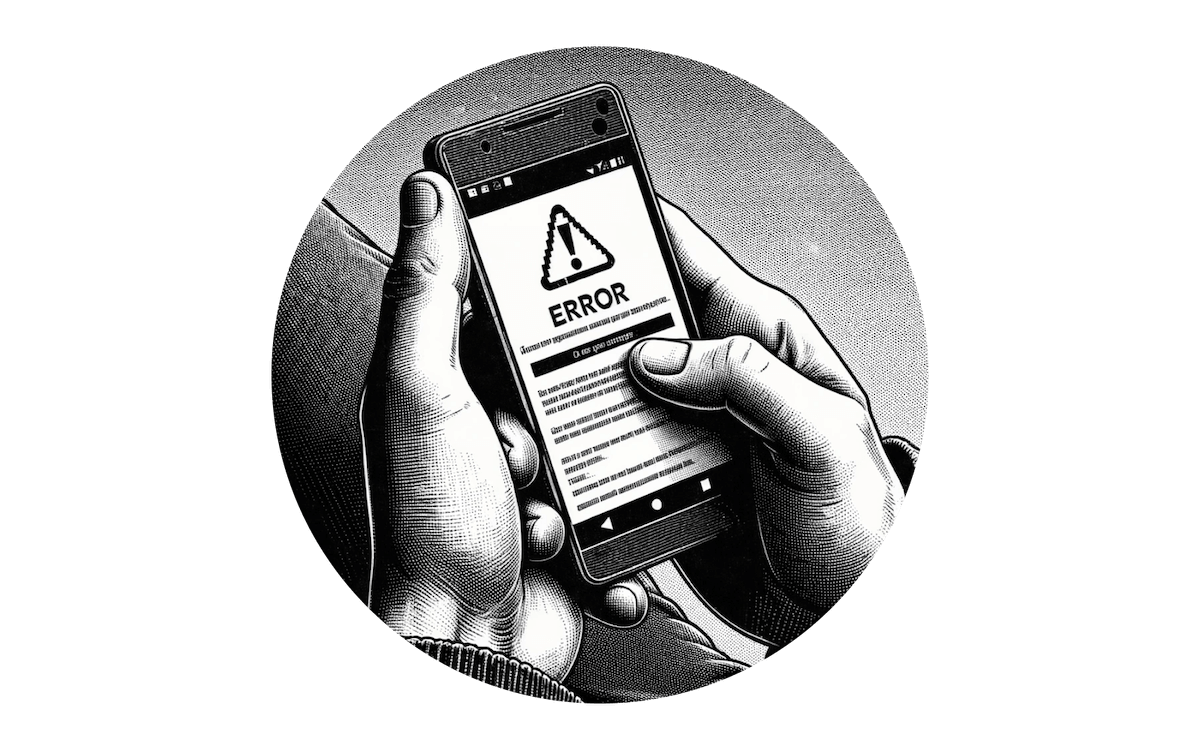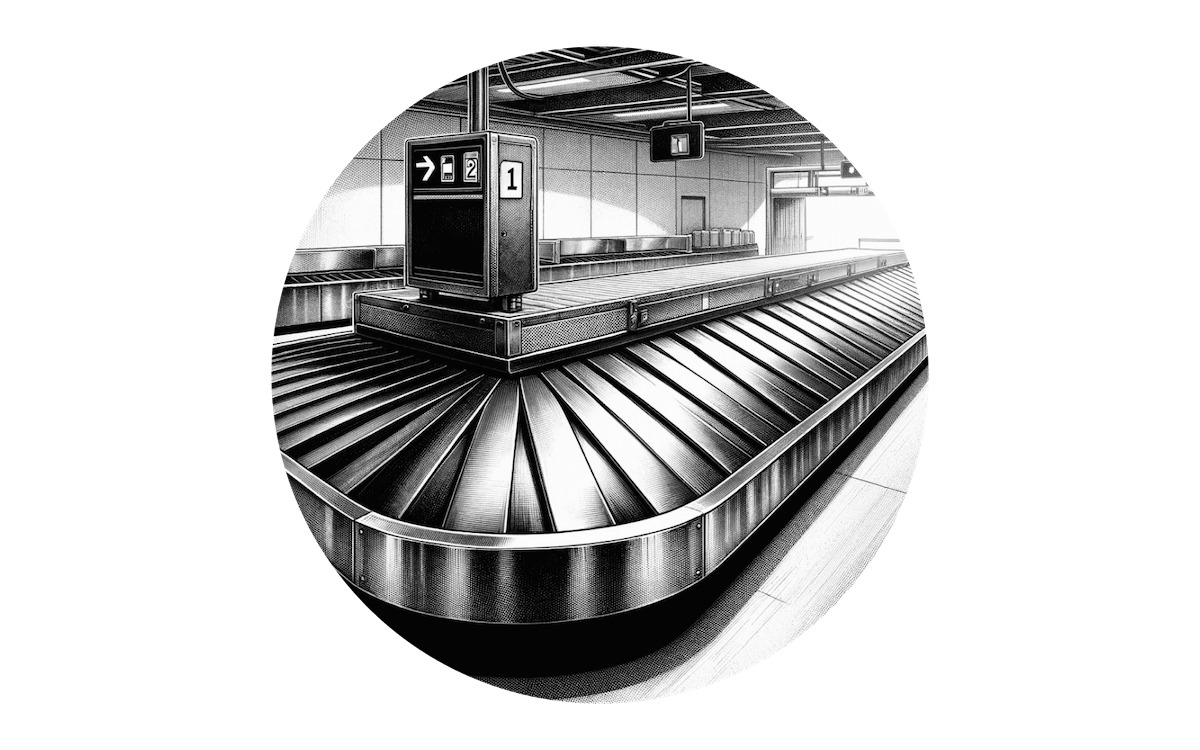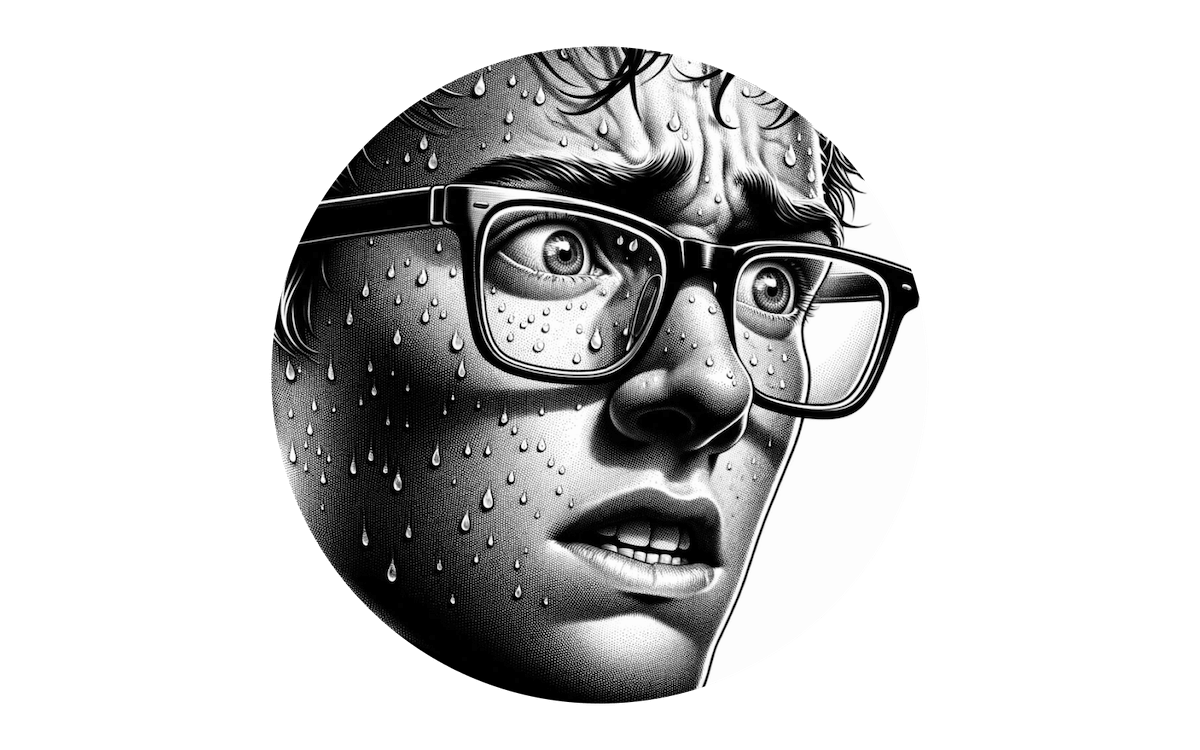A few weeks ago at the office, during a casual chat, a coworker asked me this question:
How are you so calm all the time? I've rarely seen you stressed.
This is not entirely true. As any human being, I do get stressed from time to time.
However, it's not something catastrophic, mind-numbing or long-lasting.
I can do this because I follow one simple yet powerful advice from one of the greatest minds of the 1900s, Dale Carnegie.
The advice as it goes is this:
Whenever you're in a stressful or panic situation, imagine what the worst thing could happen to you in this situation. If you can accept the worst outcome of your problem, it immediately releases a lot of tension you're feeling.
Ever since I've read about this mindset change in Mr. Carnegie's book How to Stop Worrying and Start Living, I've redefined my relationship with stress and anxiety.
Here's an example from work:
There have been a couple of incidents where something I worked on broke in the live environment, causing problems for the company's customers.

Instead of spiralling into endless worry and being paralysed by fear about the consequences, I imagined the worst outcome.
Will I be fired for this? No. I'll be reprimanded, but it'll be a learning experience.
But what if I am fired? Will I be okay? Yes.
With a simple Q&A session and visualisation with myself, I let the stress and worry slide and started thinking of possible solutions to the problem I've created.
Here's another example:
During a flight from Paris to Zurich, Air France left behind one of our bags at the Paris airport.
We learnt about this fiasco when the doors of our baggage belt at the Zurich airport closed, and one of our bags was still missing.

An immense amount of anxiety kicked in immediately. My wife and I were thousands of kilometres away from home and stranded in a foreign airport with half of our luggage gone.

But after the initial shock and disbelief, my mind calmed down, and I was focused on what I could do next to continue our trip.
The crucial factor in this mindset change was the same principle — what's the worst that could happen now?
The worst case would be losing many of our clothes and the various gifts and souvenirs we've bought along the way.
It wasn't an ideal situation to be in, but certainly not the end of the world and not the end of this trip.
Thankfully, it didn't come to that.
After several back-and-forth conversations with the airport staff, we received our missing bag with every item intact two days later.
In the meantime, we explored Switzerland; I saw snowfall for the first time and had a good time.

Had I been stressed about the mishap throughout those two days, we would've completely ruined our Switzerland visit and probably been scared to death to board our bags on the next flight.
The lesson here, as I said to the coworker who asked the question, is this:
Whatever your current situation, a significant amount of fear, uncertainty, and stress goes away the moment you come to terms with the worst-case scenario.
So, the next time you're in a panic mode, ask yourself:
What's the worst that could happen? Am I okay with that outcome?



 In-depth articles, series and guides
In-depth articles, series and guides
